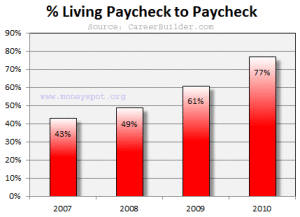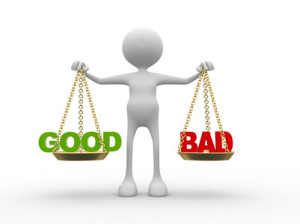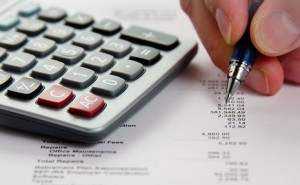Several essential factors must be considered when booking a motivational speaker for your event or organization. Here are five suggestions to help you in the process:
- Clearly Define Your Objectives: Before looking for a motivational speaker, clearly define your objectives and what you hope to achieve through your presentation. Are you looking to inspire and motivate your team, provide industry-specific insights, or address specific challenges? Understanding your goals helps you find a speaker who aligns with your needs.
- Research and Evaluate Speakers: Conduct a thorough investigation to identify potential speakers who specialize in the topics you are interested in. Look for experienced speakers with a proven track record of delivering engaging and impactful presentations. Read their testimonials, watch their videos, and review their past speaking engagements to assess their style, expertise, and ability to connect with audiences.
- Consider Audience Relevance: Consider the demographics and interests of your audience when selecting a motivational speaker. Ensure that the speaker’s message and style resonate with your audience. A speaker who understands and can relate to your audience will deliver a compelling and relevant message more effectively.
- Check for Flexibility and Customization: A great motivational speaker should be able to tailor their presentation to meet your specific needs. Discuss your event requirements, themes, and special requests with the speaker beforehand to ensure they can adapt their content to your audience. Flexibility and customization will make the presentation more impactful and relatable.
- Inquire About Support Materials: Ask the speaker if they provide any additional resources or support materials that can enhance the impact of their presentation. Support materials could include handouts, slides, or access to online content. These materials help reinforce the speaker’s message and inspire and motivate your audience even after the event.
Remember to communicate clearly with the motivational speaker about your expectations, logistics, and other essential details to ensure a successful and memorable event.



